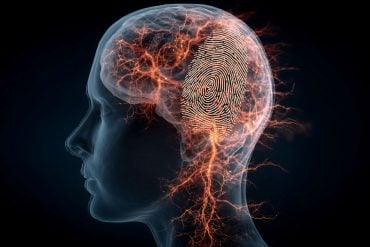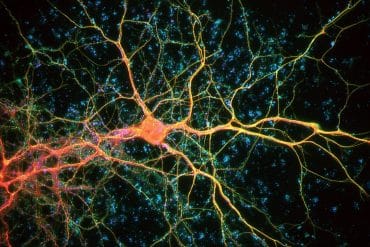Summary: A recent study finds that increased screen time is associated with higher levels of depression, anxiety, and attention issues among 9- and 10-year-olds. Following a diverse group over two years, researchers discovered that activities like video chatting, texting, and gaming were most strongly linked to depressive symptoms.
Screen use appears to displace beneficial activities like exercise and in-person interactions, potentially amplifying mental health symptoms. Interestingly, the effect of screen time varied among racial groups, with white adolescents showing stronger associations between screen use and mental health symptoms than their Black or Asian peers.
Key Facts
- More screen time correlates with depression, anxiety, and attention symptoms.
- Video chatting, texting, and gaming were most associated with depressive symptoms.
- Racial differences suggest that screen time impacts vary based on social context.
Source: UCSF
Spending more time on screens increases the likelihood that 9- and 10-year-olds will develop symptoms of mental illness, according to a study by UC San Francisco that is one of the first long-term looks at the problem.
The study followed a diverse group of kids from around the country for two years and found that more screen time was associated with more severe symptoms of depression, anxiety, inattention and aggression.
It appears Oct. 7 in BMC Public Health.
The effects were small but consistent. Screen time was closely tied to depressive symptoms, and to a lesser extent to conduct, somatic and attention deficit/hyperactivity symptoms. The activities most strongly associated with depressive symptoms were video chatting, texting, watching videos and playing video games.
“Screen use may replace time spent engaging in physical activity, sleep, socializing in-person and other behaviors that reduce depression and anxiety,” said the lead author Jason Nagata, MD, associate professor at UCSF Benioff Children’s Hospital’s Division of Adolescent and Young Adult Medicine.
Screen use effects appear to vary by race
White adolescents had significantly stronger associations between screen time and depressive, attention-deficit/hyperactivity and oppositional defiant symptoms compared to Black adolescents. They also had stronger associations between screen time and depressive symptoms compared to Asian peers. There were no differences by sex.
Nearly half of the 9,538 study participants were not white, and about half were female.
“For minority adolescents, screens and social media may play a different role, serving as important platforms to connect with peers who share similar backgrounds and experiences,” Nagata said.
“Rather than displacing in-person relationships, technology may help them expand their support networks beyond what’s accessible in their immediate environment.”
Concern about adolescents’ mental health has grown in recent years, as their screen use has surged. Adolescents are 50% more likely to experience a major depressive episode and 30% more likely to commit suicide today than they were 20 years ago. The average time spent each day on screens for non-educational reasons is now 5.5 hours for tweens and 8.5 hours for teens.
Nagata said parents can play an essential role in helping to mitigate the negative effects of excessive screen time.
“The American Academy of Pediatrics recommends developing a Family Media Use Plan that considers the unique needs of each child,” Nagata said.
About this neurodevelopment and mental health research news
Author: Jess Berthold
Source: UCSF
Contact: Jess Berthold – UCSF
Image: The image is credited to Neuroscience News
Original Research: The findings will appear in BMC Public Health







